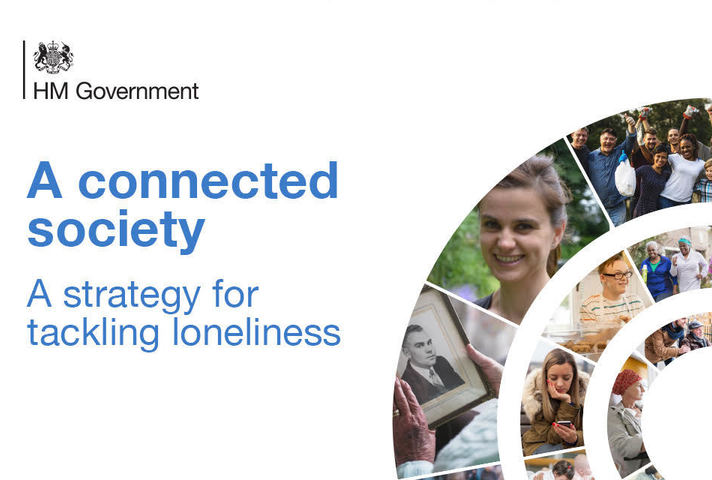Loneliness, Public Policy and AI – Lessons From the UK For the US
By Jane Sarasohn-Kahn on 22 October 2018 in Aging, Aging and Technology, AI, Artificial intelligence, Behavioral health, Broadband, Business and health, Connected health, Data analytics and health, Digital health, Employee benefits, Employers, Financial wellness, Global Health, Health at home, Health care industry, Health care information technology, Health Consumers, Health engagement, Health equity, Health IT, Health policy, Health politics, Health social networks, Healthcare access, Loneliness, Love and health, Mental health, Popular culture and health, Prevention and wellness, Public health, Quality of Life, Retail health, Self-care, Social determinants of health, Social isolation, Social networks and health, Trust, Value based health, Wearable tech, Wearables, Wellbeing, Wellness, Workplace wellness

There’s a shortage of medical providers in the United Kingdom, a nation where healthcare is guaranteed to all Britons via the most beloved institution in the nation: The National Health Service. The NHS celebrated its 70th anniversary in July this year. The NHS “supply shortage” is a result of financial cuts to both social care and public health. These have negatively impacted older people and care for people at home in Great Britain. This article in the BMJ published earlier this year called for increasing these investments to ensure further erosion of population and public health outcomes, and to prevent





 I was invited to be a Judge for the upcoming
I was invited to be a Judge for the upcoming  Thank you Team Roche for inviting me to brainstorm patients as health citizens, consumers, payers, and voters
Thank you Team Roche for inviting me to brainstorm patients as health citizens, consumers, payers, and voters  For the past 15 years,
For the past 15 years,